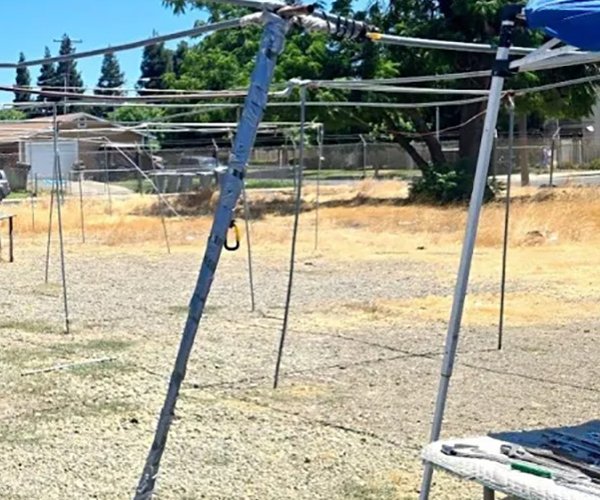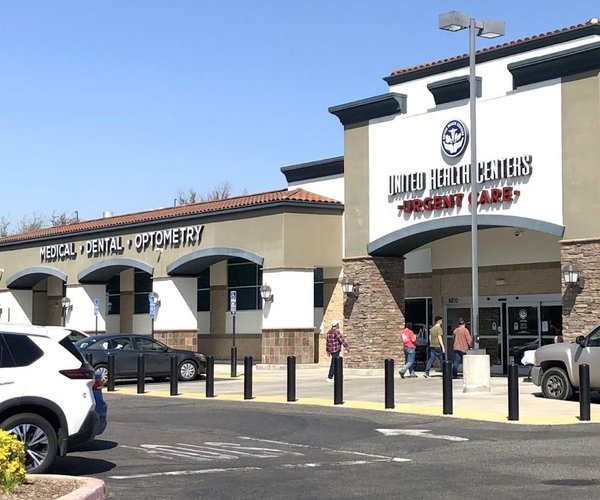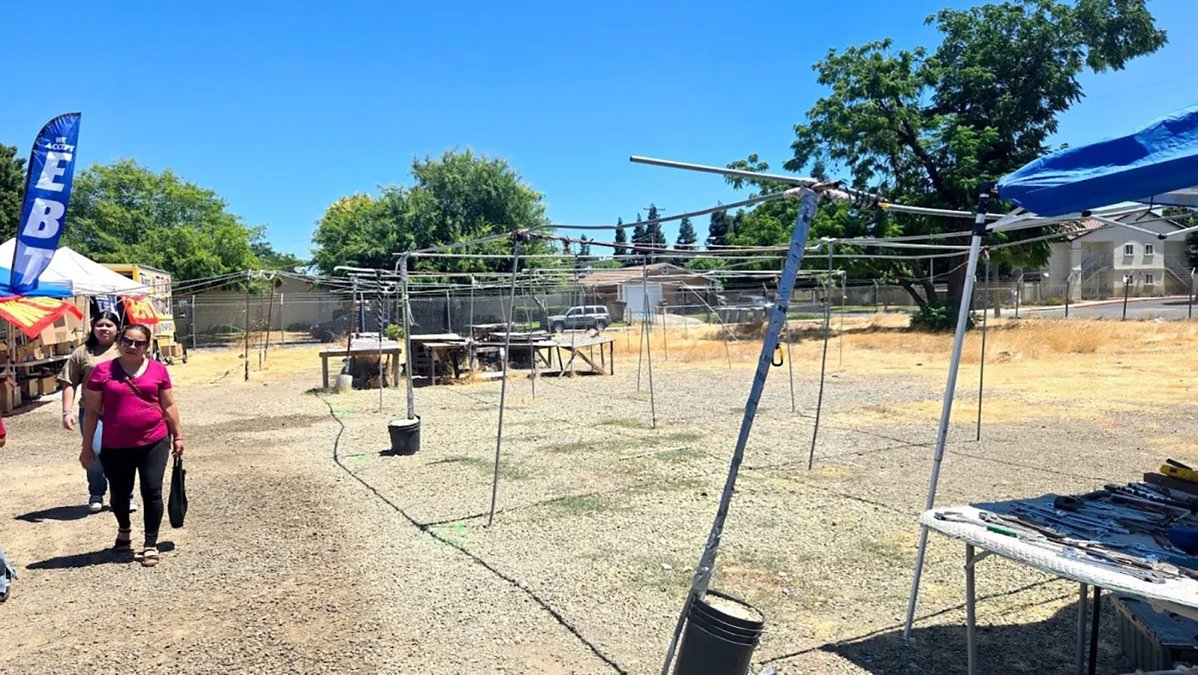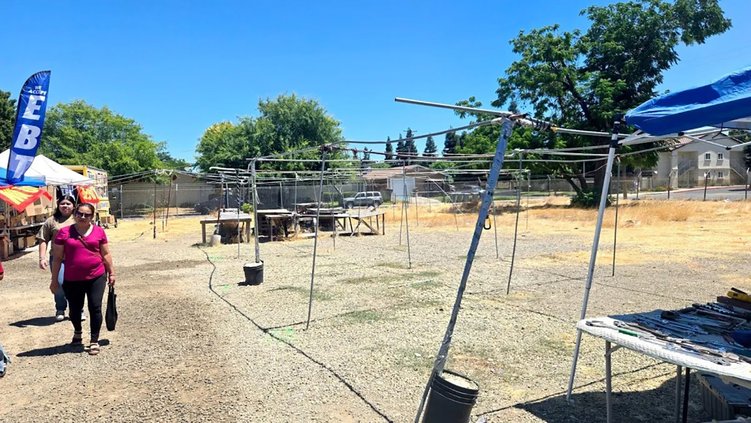As warmer weather leads to many Turlock residents spending time outdoors, it is important to keep in mind various security measures that should be taken while leaving windows and doors open to enjoy the spring breeze.
Using state funds through the Department of Housing and Urban Development, the City of Turlock is offering to do repairs on homes of income-qualified families that they may not otherwise been able to do, such as addressing security issues.
“We are able to install security doors with locking knob and deadbolts,” said Tim Castleberry, housing rehab specialist at the City of Turlock. “We can also install exterior lighting and for those days when it really heats up, we can install new heating and air systems. If you have any broken or single pane windows, those can be replaced with new lifetime warranty dual pane vinyl windows. Often times, there are also rebates available for the new heating and air units as well as the new windows.”
Additionally, the Housing Rehabilitation Program allows families to have repairs done to smoke alarm and carbon monoxide detectors. As many homes are not equipped with detectors, homeowners are being put at risk, often not knowing of the issue until a dangerous leak occurs.
“Carbon monoxide is an odorless gas that if gone undetected is often fatal,” said Castleberry. “I was in a home recently, and after a minute or so, I started to get light headed and a little dizzy. I opened the front entry door and asked the owners to start opening windows. After a call to PG&E, it turns out the wall heater exhaust pipe was full of debris and not venting properly. Had there been a detector in the house, the owners would have been aware of this issue long before I had showed up.”
The residential rehabilitation program allows for structures that were either not built to code or were built without a permit to be brought up to current code, with the amount of money a family can borrow being determined either by the scope of work to be performed, or the amount of equity remaining in the property, at a 95 percent loan to value. Investor-owned properties may also qualify for these funds based upon the tenant’s income.
Using contractors from a pre-approved list, the City’s housing staff works diligently to conduct a formal walk-through of the property while providing each contractor with a work-write up and a computer drawing of the property. Each item on the write up is explained and shown to the contractors attending the bid tour, while the housing staff completes an estimate of the costs for repairs. After the contractors make bids within 10 percent higher or lower of the housing staff’s estimate, City staff makes a recommendation on which contractor to use.
According to Castleberry, the housing staff looks for the lowest bid that is also “fair and responsible” to recommend as the bid winner. Once selected, housing staff will prepare a construction agreement between the property owner and the contractor, including the cost of repairs, a time frame for completion, and a scheduled payment breakdown.
City building inspectors and a housing rehabilitation specialist monitor the project and repairs being done to the property on a regular basis, ensuring that the work being done is up to current code while also meeting the specifications of the initial work write up.
Additionally, the housing rehabilitation specialist will monitor the project to determine when the contractor has enough items completed for a scheduled payment to take place. This is to help make sure that only work that has been done is being paid for as the project continually progresses, as many times property owners can find themselves cheated after paying up front and not receiving the full amount of work or having it completed below current standards – an outcome the City aims to avoid.
Although a seemingly extensive process, Assistant to the City Manager for Housing and Economic Development Maryn Pitt says that the goal of the rehabilitation program is to make home repairs as easy, thorough and affordable as possible for qualified residents and property owners.
“Our program has flexible terms and is of great benefit to seniors on fixed incomes who do not have the means to correct health and safety issues with their homes,” said Pitt.
Utilized by many residents of all ages within the community, the Residential Rehabilitation program has been especially helpful to senior citizens, completing home repairs that they may not have been able to complete on their own, while also offering projects to make their homes safer with increased accessibility.
“As we get older, all of a sudden we can’t get in and out of the bathtub like we used to. Or those steps to the front door seem a little taller than they used to be. With the Housing Rehabilitation Funds we can install hand rails at those front stairs. We can also install handicap ramps for those folks in wheel chairs. Enlarge interior and exterior door openings to 36 inches, so that a wheel chair will fit through the door,” said Castleberry. “In recent years we have installed roll-in showers with built-in benches and hand-held showers to provide much needed help with something as basic as taking a shower. Another popular item we often install for our elderly clients are grab bars, which can be installed just about anywhere to make those transitions a little safer.”
Other repair projects in the past have included electrical issues, plumbing, roofing, window replacement, foundation repairs and handicap ramps, pest control repairs, interior and exterior painting, floor coverings, bathroom and kitchen remodels, and fencing.
To learn more about other repairs offered through the City of Turlock’s Residential Rehabilitation Program, or for information on qualifying, call the Turlock Housing Office at 668-5610.









